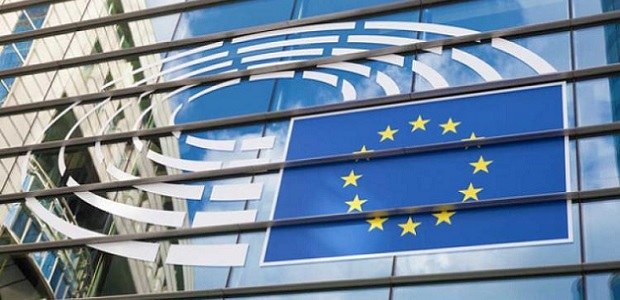
European Parliament’s recent resolution on distributed ledger technologies (DLT), blockchains included, includes important recommendations to the regulators, including, inter alia:
Any regulatory approach toward DLT should be innovation-friendly, should enable passporting, and should be guided by the principles of technology neutrality and business-model neutrality.
Also, it is said that ” the Union should not regulate DLT per se, but should try to remove existing barriers to implementing blockchains.”
I truly hope that the regulators will take this recommendation into account and not give in to the temptation to over-regulate in this area. Not exactly an easy job, given the novelty of the matter, the scarcity of expertise and precedents and the (legitimate) concern over the need to manage the inherent risks.
Towards EU-wide regulations on DLT
There are indications in the resolution that we will see some concrete initiatives in the direction of convergence and harmonisation of regulatory approaches. In my view, this may delay EU member states (or, better said, some of them) in adopting local legislation (adopting a „wait and see” approach, for good or for worse may seem as a comfortable position to some), while others will move faster and, instead of waiting for EU-wide directives/regulations, will seek to get competitive advantage by regulating it early and smartly at national level, creating legal certainty and removing barriers, thus stimulating innovation and attracting funds in this area.
Striking the right balance – dealing with criminal risks
The resolution also „calls on the Commission to assess and develop a European legal framework in order to solve any jurisdictional problems that may arise in the event of fraudulent or criminal cases of DLT exchange.” This is obviously very important, but may not be easy to navigate particularly in consideration of the regulatory approach recommended, i.e., so that it does not discourage innovation and removal of barriers.
Incorporating cryptocurrencies in the European payment system?
As expected, the resolution „emphasises the volatility and uncertainty surrounding cryptocurrencies and calls on the Commission and the ECB to provide feedback on the sources of volatility of cryptocurrencies and identify dangers for the public notes”. Nothing new here. More interesting in my view is the fact that the resolution notes that „the feasibility of alternative methods of payment and transfer of value using cryptocurrencies can be examined further” and calls on the Commission and ECB to „explore the possibilities of incorporating cryptocurrencies in the European payment system”. Now, that’s interesting!
To be continued.
Source: Andrei Burz-Pinzaru – Partner at Reff & Associates, member of Deloitte Legal – Linkedin account
Banking 4.0 – „how was the experience for you”
„To be honest I think that Sinaia, your conference, is much better then Davos.”
Many more interesting quotes in the video below: